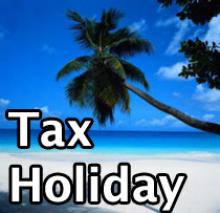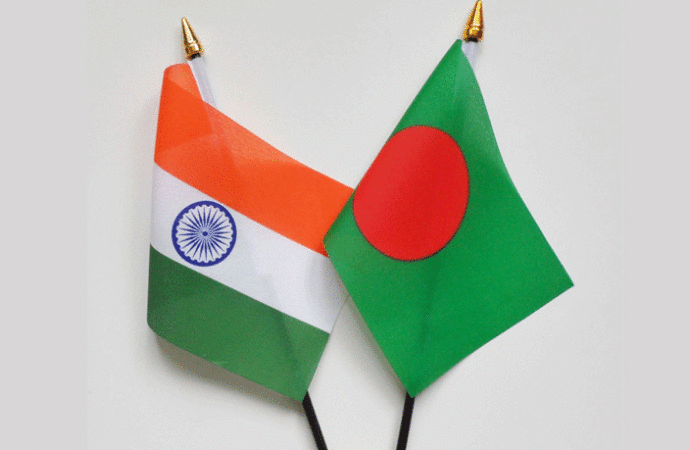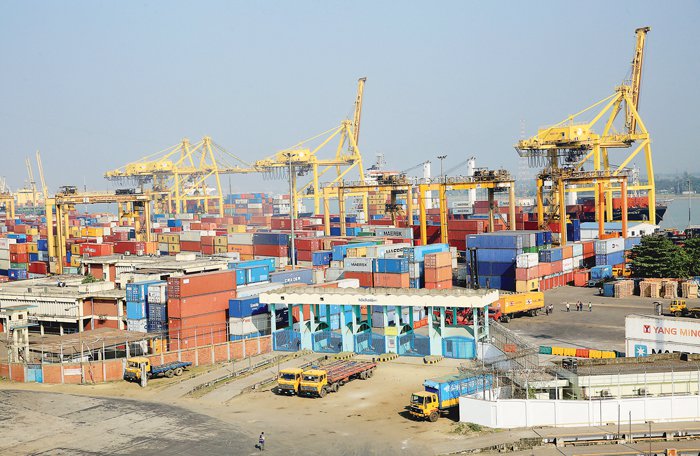The government might extend the tax holiday scheme for another couple of years aiming at enhancing investment and creating employment opportunities.
In the current fiscal, the government extended the scheme from June 2013 to June 2015.
Finance Minister AMA Muhith during his budget speech for 2013-14 fiscal told that the extension came with a view to providing incentives to new industries and creating employment berths.
But, in the budget speech he told that he is in favor of gradually and proportionately lowering the facilities based on the years of tax-holiday period. “This step would not only benefit the entrepreneurs but also bolster revenue gradually.”
According to the NBR sources, the government is considering the extension as it wanted to increase the investment in the country for attaining 7.3 percent GDP in the next fiscal (2014-15).
The current investment scenario in the country is not up to the mark and that’s why the government wanted to give a signal to the investors by extending the tax holiday system for a couple of years, a senior NBR official told UNB.
“If the scheme is extended for a couple of years, the investors will get confidence and come to invest without any fear. If the scheme is offered just for a year, it won’t encourage the investors. That’s why we’re thinking of offering the scheme for a longer period,” he said.
The official added that the Finance Minister might announce the decision in his budget speech on June 5.
While having a pre-budget discussion with leading economists of the country on March 27, Finance Minister AMA Muhith said that the government will focus on bringing a momentum in overall investment in the coming fiscal year as he thinks the ‘sluggish investment’ trend was the ‘weakest side’ of the government in the last five years.
“Investment was very limited (in last 5 years). We want to take a big initiative in this area. It’s a very difficult target, but we must do it at any cost,” he had said.
The Finance Minister said the private sector investment did not increase in the last five years, which is the lifeline of the economy. “We need to look into it why the domestic investment remained so low.”
The investment-to-GDP ratio stagnated at 24-25 percent for nearly a decade and the government wants to raise the investment-to-GDP ratio to 32 percent for having a higher economic growth.
Muhith said: “We’ll focus on how to increase the total investment, how to obtain more foreign direct investment (FDI) and most importantly, how to improve the quality of the administration.”
Meanwhile, both the World Bank and the International Monetary Fund (IMF) have prescribed the government for an end to tax holiday facilities to increase revenue earnings.
The IMF told the government that tax holiday facilities reduce the equity and legitimacy of the tax system and contribute to the public’s cynical attitude towards the tax system by eroding the civic responsibility to pay taxes.
The NBR, however, referred to the similar tax holiday systems in India, Pakistan, Sri Lanka and Indonesia where the system has been contributing to industrial growth.
A tax holiday is a temporary reduction or elimination of a tax. The government usually creates tax holidays as incentives for business investment.
In the developing countries, the governments sometimes reduce or eliminate corporate taxes for the purpose of attracting foreign direct investment or stimulating growth in selected industries.
The tax holiday facility has been in Bangladesh soon after the independence of the country, according to NBR officials. It is available for five to seven years depending on location of the certain industrial enterprise.
The industries that enjoy the facility are textile, textile machinery, jute goods, high value garments (overcoats, jackets and suits), pharmaceuticals, melamine, plastic products, ceramics, sanitary ware, steel from iron ore, mild steel rod, corrugated iron sheet, fertiliser, insecticide, pesticide, computer hardware, compressors, basic raw materials of drugs and chemicals.
Agro-processing, shipbuilding and diamond cutting also enjoy the tax holiday benefit.
Of the physical infrastructure industries, sea or river port, container terminal, internal container depot, container freight station, liquefied natural gas terminal and transmission line, compressed natural gas terminal and transmission line, gas pipeline, flyover, mono rail, underground rail, telecommunication other than mobile phone, large water treatment plant and export processing zones are entitled to the facility.
In the tourism industry, residential hotels having facility of three stars or more enjoy the benefit.
Source: UNBConnect










